 image by Josh Eckstein on Unsplash
image by Josh Eckstein on Unsplash ...Now, what strange alchemy is this, you may ask? What does this signify? We’ll come back to that. For now, just be aware that we are being subtly, and not so subtly, redirected, from the outer to the inner; from the seen to the unseen; from creation to re-creation; from the incarnation to the resurrection. This is a theological progression that demands that we go back to the beginning – to the creation of light in the story of Genesis as we heard, and to the beginning of the gospel as the author of Mark proclaims it just a couple of verses earlier than today’s text, ‘the beginning of the good news of Jesus Christ, the Son of God’...

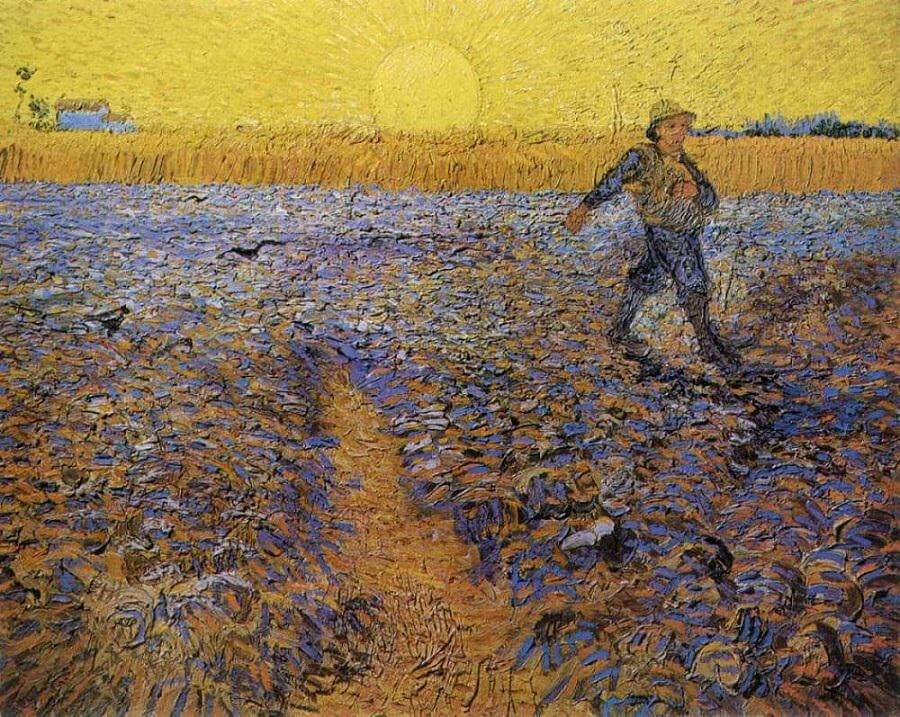
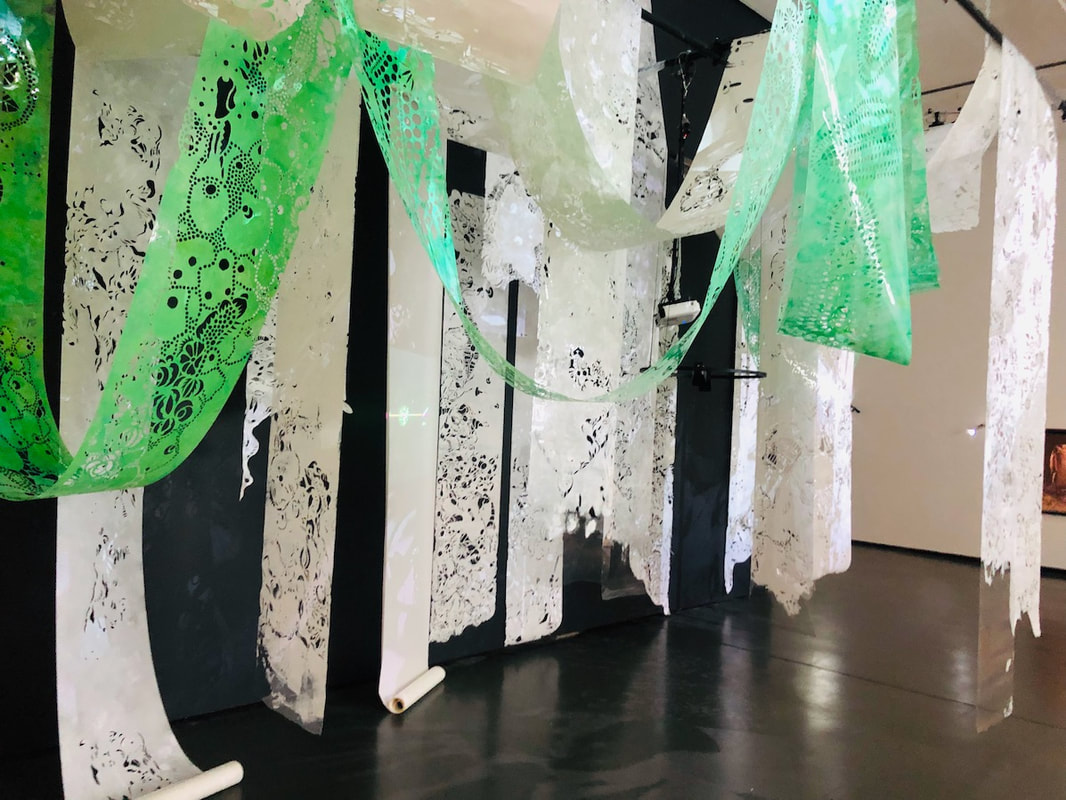
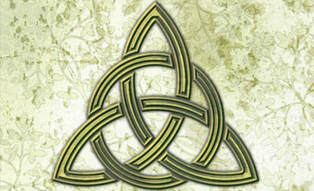
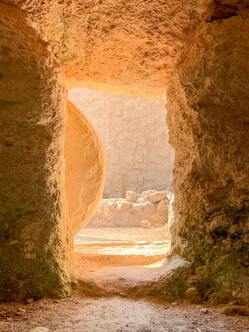
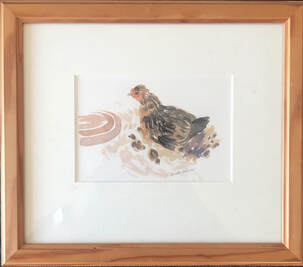
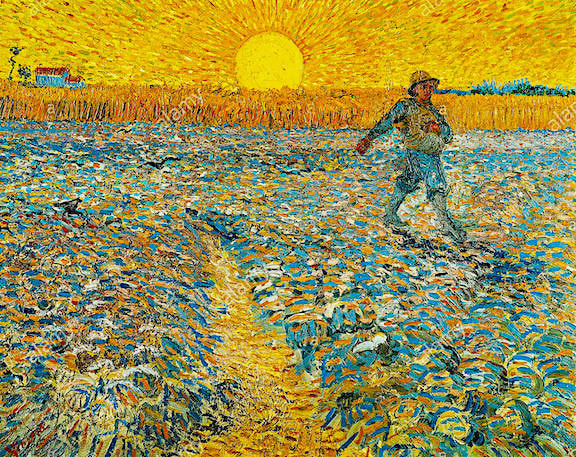
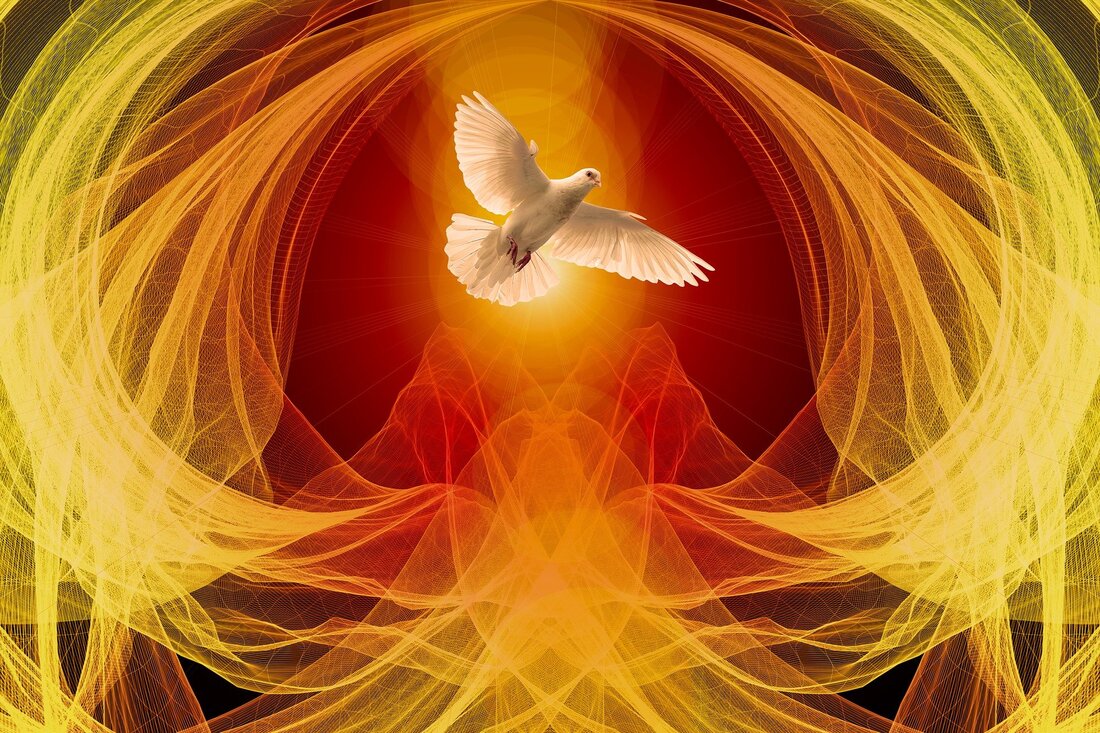
 RSS Feed
RSS Feed